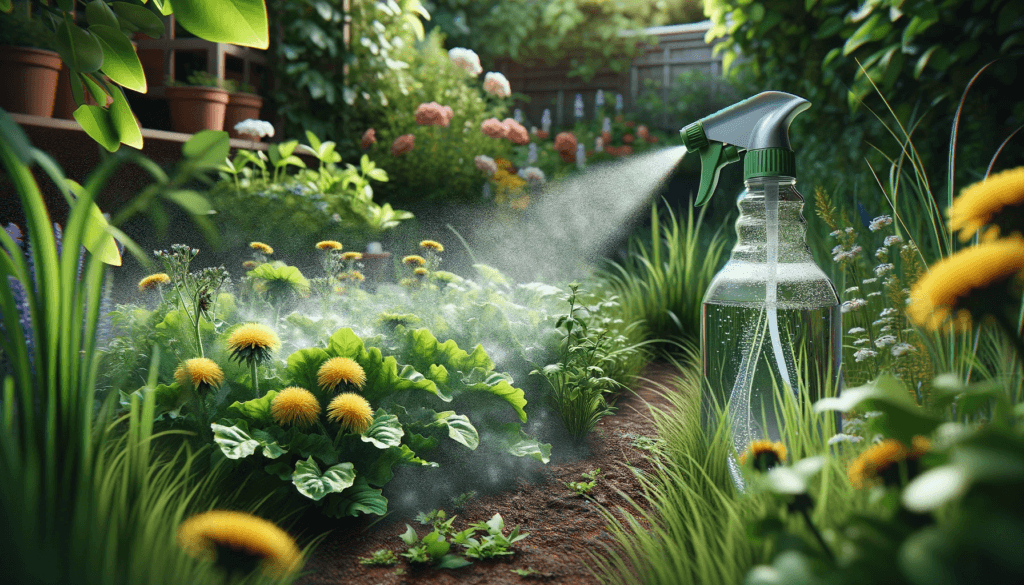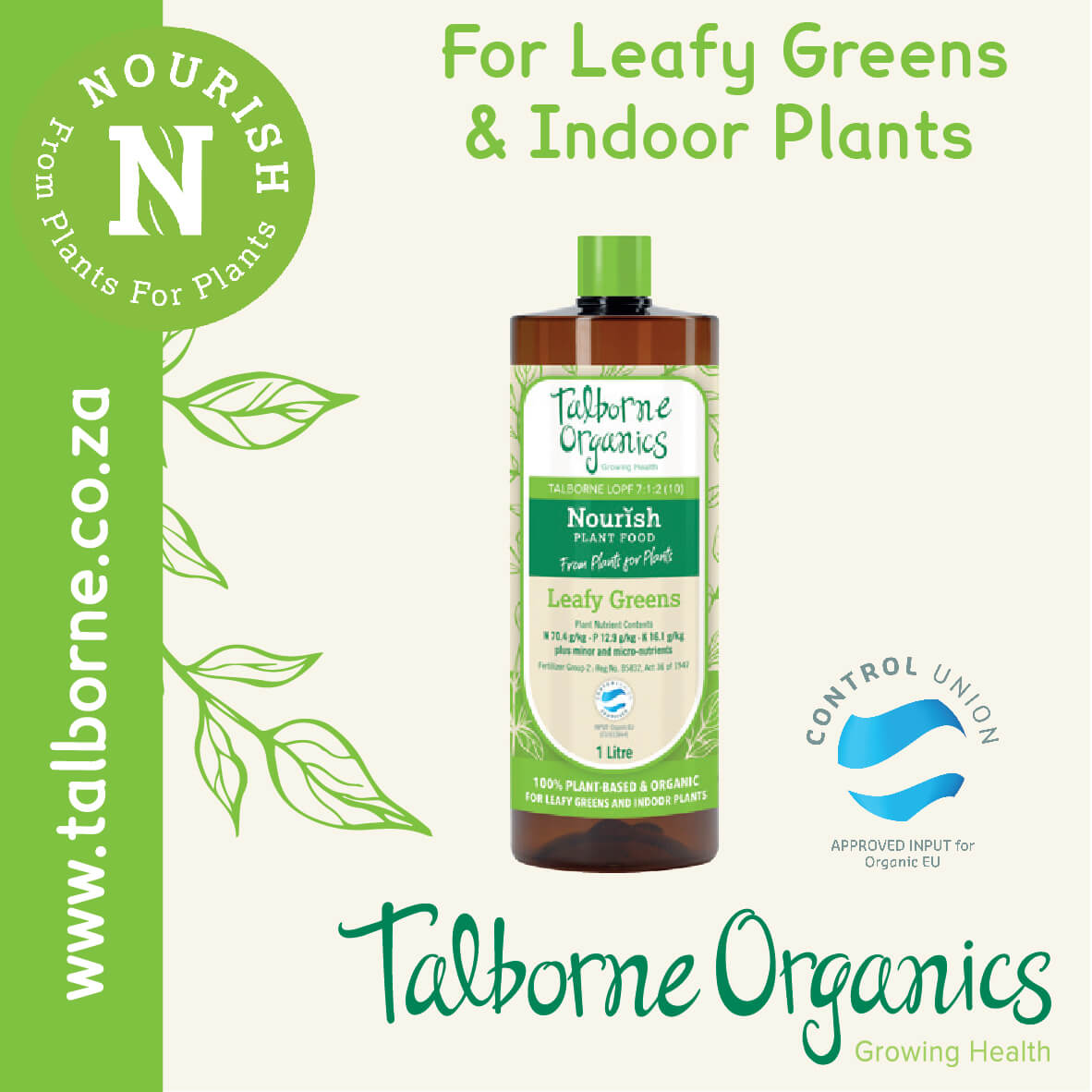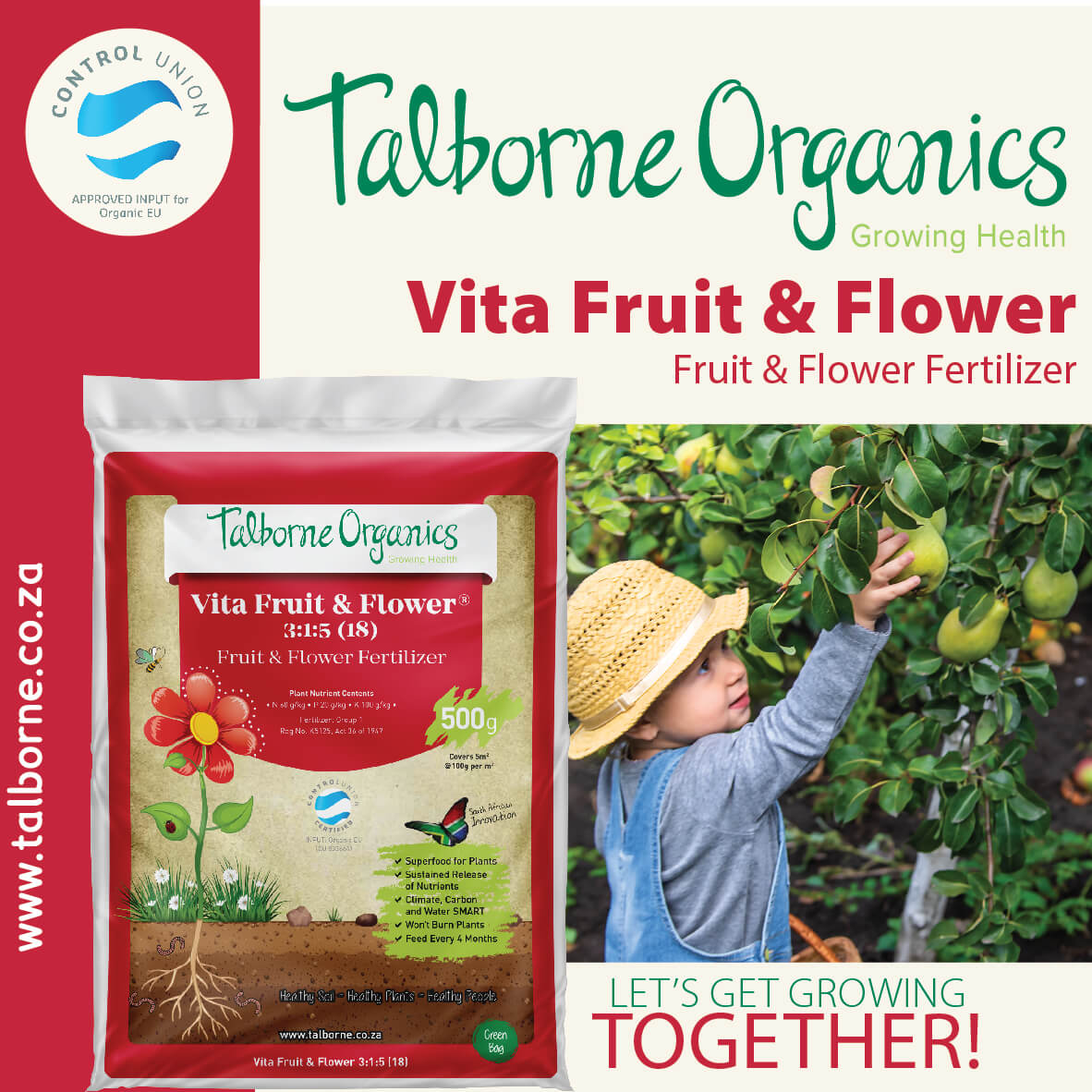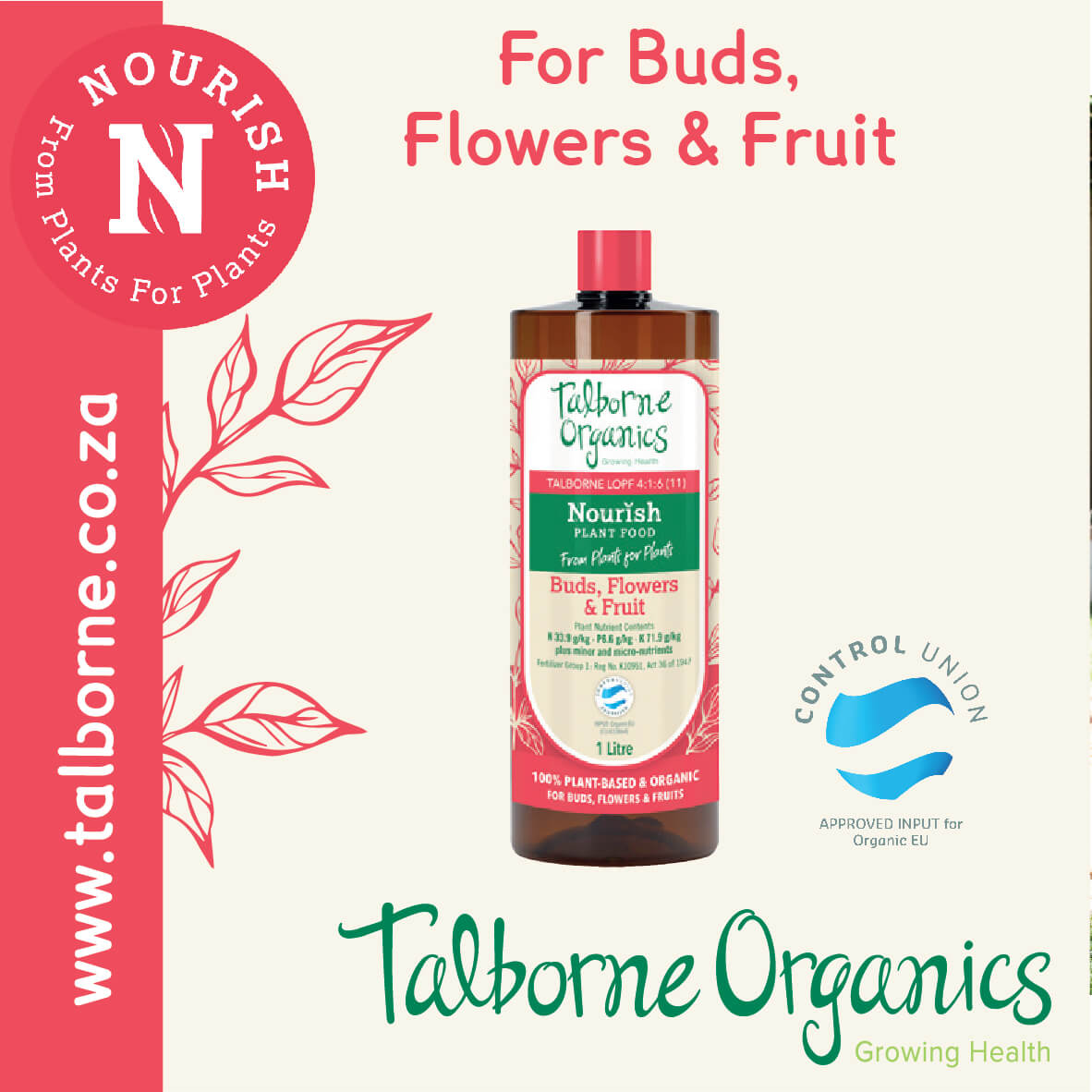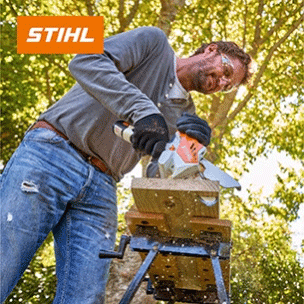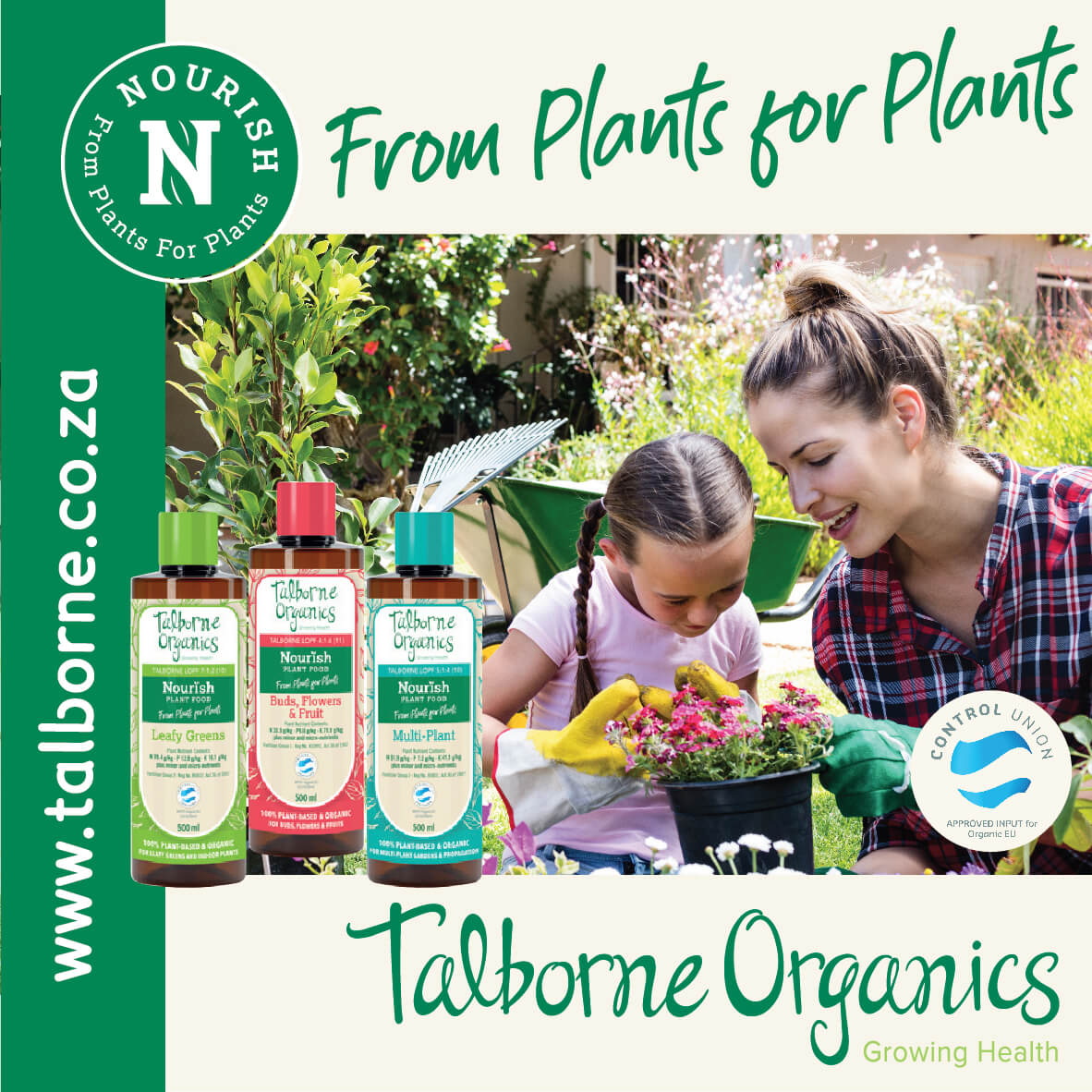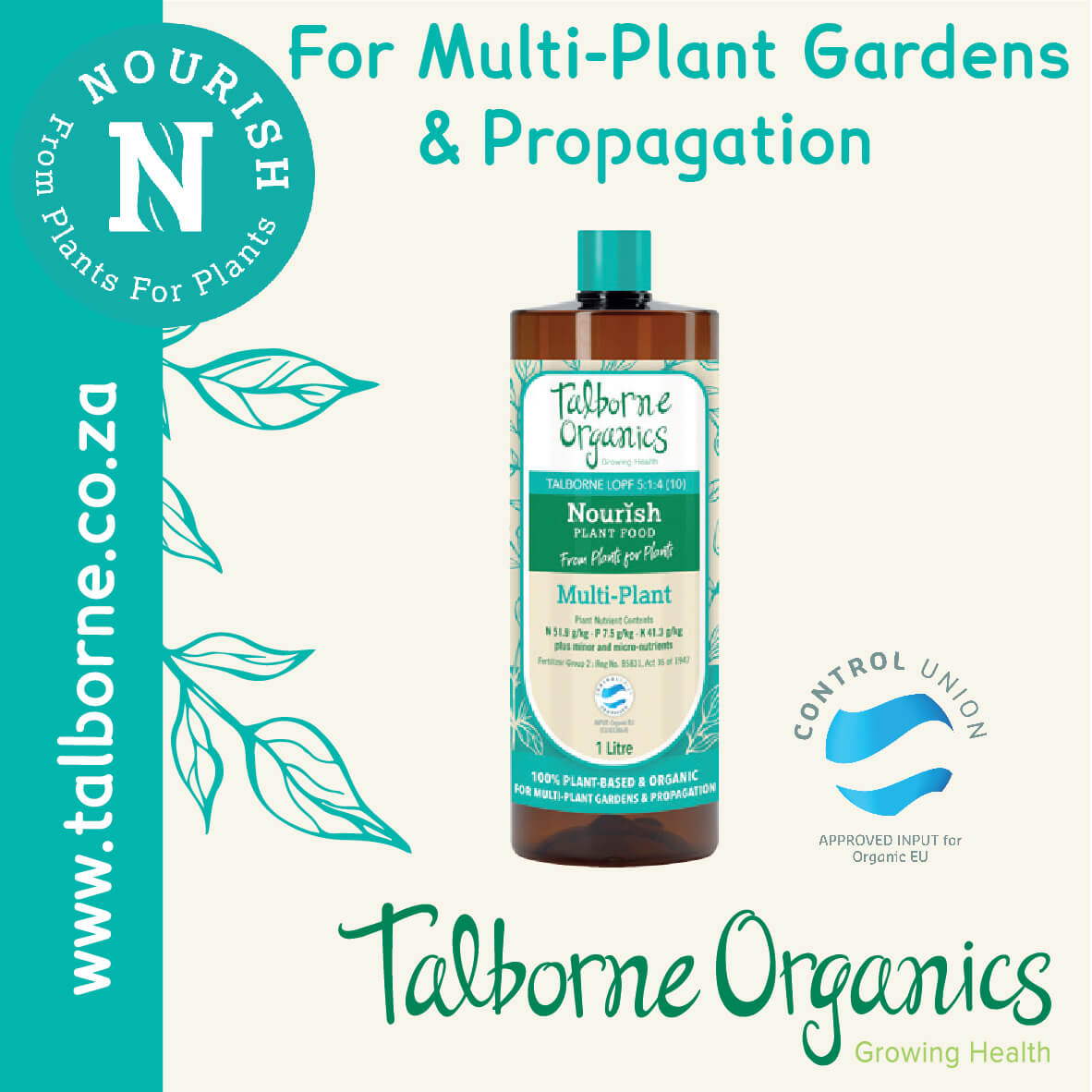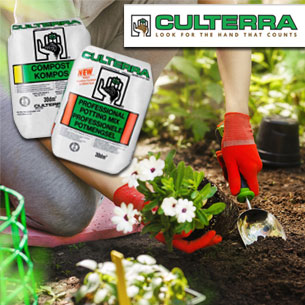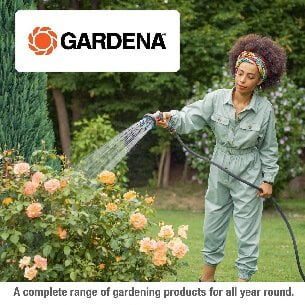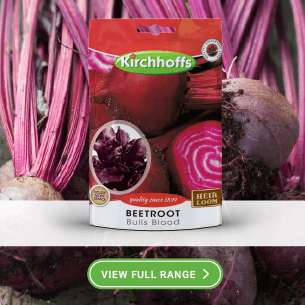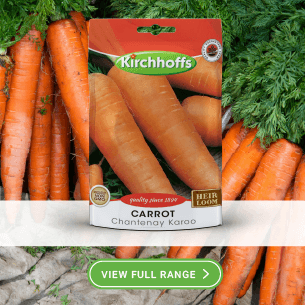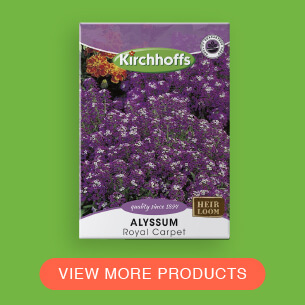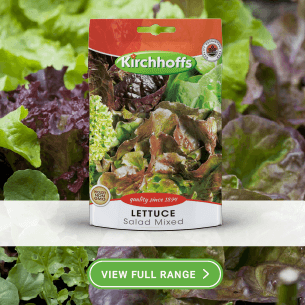Introduction: Embracing Vinegar Weed Killer as a Natural Solution
In a world where sustainability and health are paramount, the choices we make in our gardens are more crucial than ever. Vinegar weed killer emerges as a champion of eco-friendly gardening. This article explains and adresses the benefits of vinegar as a natural weed killer, offering insights into its usage and effects on plants, and ultimately, on our well-being.
The Power of Vinegar as a Weed Killer
Vinegar’s Natural Properties
Vinegar, primarily composed of acetic acid, is a potent herbicide. Its ability to desiccate weeds upon contact makes it an effective and natural solution for gardeners seeking an alternative to synthetic chemicals.
Comparison with Commercial Weed Killers
While commercial weed killers may offer targeted solutions, vinegar stands out for its non-toxic and environmentally friendly nature, making it a winner for sustainable gardening practices.
Why Choose Vinegar for Weed Control?
Immediate,Simple and Easy
In urgent situations, vinegar’s ready availability in most homes makes it a go-to solution for immediate weed control. The ease of preparing and applying vinegar-based solutions make vinegar weed killer a fast uncomplicated solution that anyone can use.
Eco-Friendly and Organic Weed Control
The shift towards eco-conscious living has led many to embrace vinegar as a natural weed control method. It’s a sustainable choice, significantly reducing the garden’s chemical footprint. For organic gardening enthusiasts, vinegar is a harmonious fit, adhering to organic cultivation principles. Environmentally conscious gardeners often choose vinegar for its minimal ecological impact, ensuring a healthier garden ecosystem.
Vinegar is a Pet and Child Safe Weed killer
Amidst growing health concerns regarding synthetic herbicides, vinegar emerges as a safe alternative, mitigating risks associated with chemical exposure. Vinegar’s non-toxic nature ensures the safety of our most vulnerable – pets and children. Using vinegar as a weed killer alleviates concerns about accidental ingestion of harmful chemicals, which means you will have a save garden and family.
Vinegar as a Herb Killer is Cost-Effective
As a staple in most households, vinegar is an economical alternative to expensive commercial weed killers, making it accessible to all gardeners.
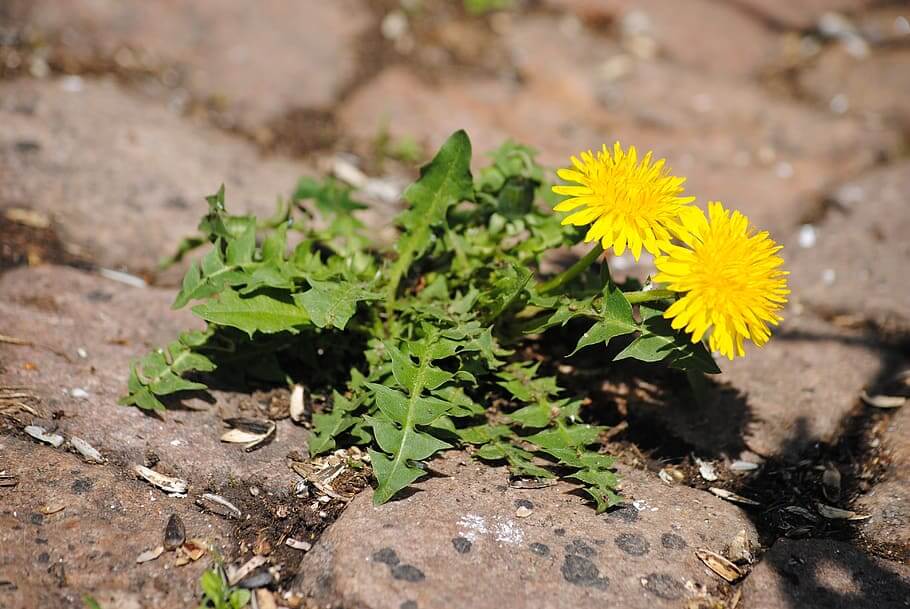
How to Make a Homemade Vinegar Weed Killer
Vinegar weed Killer recipe
Tips: Apply on a sunny day for optimal results, as the sun accelerates the vinegar’s action. Careful application is necessary to avoid harming desirable plants, as vinegar can harm both weeds and valuable plants.
Ingredients and Proportions
A simple mixture of vinegar, water, and a few drops of dish soap can create an effective weed killer. The exact proportions can be adjusted based on the weed type and area size. To boost effectiveness, natural ingredients like salt or lemon juice can be added, enhancing the desiccating properties of vinegar.
Ingredients:
- 1 litre of white vinegar (5% acetic acid concentration)
- 30 ml of liquid dish soap
- Optional: 100 grams of table salt or 100 ml of lemon juice for enhanced potency
Instructions:
Combine Ingredients: In a large container, mix the white vinegar with the dish soap. Stir gently to combine. The dish soap acts as a surfactant, helping the vinegar adhere to the weed leaves.
Add Enhancements (Optional): For tougher weeds, add either the table salt or lemon juice. Be cautious with salt, as it can affect soil health if used excessively.
Transfer to a Spray Bottle: Pour the mixture into a spray bottle. A bottle with a direct spray nozzle is preferred for targeted application.
Choose the Right Time: Apply the weed killer on a sunny day. The heat and sunlight help the vinegar to work more effectively.
Spray the Weeds: Directly spray the vinegar solution onto the weeds, ensuring the leaves are thoroughly coated. Avoid spraying on desired plants and grass.
Repeat if Necessary: For persistent or perennial weeds, you may need to reapply the vinegar solution after a few weeks.
Note: Vinegar weed killer works best on young, annual weeds. Perennial weeds with deep roots may require stronger solutions or multiple applications.
SA Garden and Home provides a guide to homemade herbicides including vinegar.
Why Does This Vinegar Solution Kill Weeds?
The Science Behind Vinegar’s Effectiveness
Acetic Acid and Plant Response
The acetic acid in vinegar causes rapid dehydration of plant cells, leading to the wilting and death of weeds.
Engaging with nature through gardening can be incredibly therapeutic, enhancing overall well-being.

Tips from Experienced Gardeners
“Vinegar Weed Killer” in Action
Here are from seasoned gardeners on maximizing the efficacy of vinegar in weed control.
Choose the Right Concentration: Experienced gardeners recommend using horticultural vinegar, which has a higher acetic acid concentration (around 20%) compared to regular household vinegar (5%). This stronger formulation is more effective at killing weeds, especially those that are tough and well-established.
Target Young Weeds: Apply vinegar to young, emerging weeds. Mature weeds with deep roots may be more resistant to vinegar. Early intervention ensures better control and prevents the weeds from seeding.
Apply Under Optimal Conditions: Vinegar works best when applied on a hot, sunny day. The sun helps the vinegar to break down the plant’s cell structure more efficiently, leading to quicker results.
Use a Spray Bottle for Precision: To avoid harming your desirable plants, use a spray bottle for targeted application. This allows you to directly hit the weeds without overspraying onto other plants.
Add Surfactants to Boost Effectiveness: Mixing a few drops of dish soap into your vinegar solution can increase its efficacy. The soap acts as a surfactant, helping the vinegar stick to the leaves of the weeds, thereby improving absorption.
Repeat Applications as Needed: Vinegar is a non-selective herbicide and may require multiple applications to be effective, especially in areas with dense weed growth. Regular monitoring and reapplication can help keep weed populations under control.
Use Salt Sparingly: Some gardeners add salt to their vinegar weed killer for added potency. However, be cautious as salt can build up in the soil and harm plant growth. Use this mixture only on areas where you don’t plan to grow anything in the future.
Protect Soil Health: Vinegar can alter soil pH and affect its fertility. Seasoned gardeners suggest using vinegar sparingly around plants that prefer more alkaline soil conditions.
Combine with Other Organic Methods: Integrate vinegar use with other organic weed control methods such as mulching, which suppresses weed growth and retains soil moisture.
Safety First: Always wear protective gear like gloves and glasses when handling and applying vinegar, especially the stronger horticultural variety. Despite being a natural product, it can be harmful to the eyes and skin in high concentrations.
Respect the Environment: Be mindful of where you apply vinegar. Avoid using near water sources as it can impact aquatic life. Experienced gardeners prioritize the overall health of their garden ecosystem.
Share and Learn: Lastly, seasoned gardeners encourage sharing experiences and tips within the gardening community. What works in one garden might offer a solution in another, fostering a collective growth of knowledge and expertise in natural weed control.
Vinegar Weed Killer Q and A
Popular questions about using vinegar as a weed killer:
What Do You Mix Vinegar with to Kill Weeds?
To create an effective vinegar-based weed killer, mix vinegar with water and a small amount of dish soap. The dish soap acts as a surfactant, which helps the vinegar adhere to the weeds, increasing its effectiveness. Some gardeners also add a bit of salt for tougher weeds, but be cautious as salt can negatively affect soil health.
Will Vinegar Kill Weeds Permanently?
Vinegar is effective at killing the visible parts of the weed but may not always kill the roots, especially in the case of perennial weeds. This means that weeds may regrow and require repeated applications. Vinegar is more effective as a short-term solution rather than a permanent one.
What is the Ratio of Vinegar to Water to Kill Weeds?
For a standard vinegar weed killer, use a ratio of one part water to one part vinegar. This mixture can be adjusted depending on the toughness of the weeds, with less water for more robust weeds. For household vinegar (5% acetic acid), a higher concentration of vinegar may be needed compared to stronger vinegars like horticultural vinegar.
What is the Recipe for White Vinegar Weed Killer?
A typical recipe for a white vinegar weed killer includes:
- 1 gallon of white vinegar (5% acetic acid)
- 1 cup of salt (optional, for tougher weeds)
- 1 tablespoon of liquid dish soap
Mix these ingredients well and apply directly to the weeds on a sunny day.
How Do You Permanently Stop Weeds from Growing?
Permanently stopping weeds from growing involves a combination of methods: using landscape fabric or mulch to block weed growth, maintaining healthy soil to support desirable plants over weeds, and regular removal of weeds before they seed. Regular monitoring and maintenance are key.
How Many Days Does It Take Vinegar to Kill Weeds?
Vinegar typically begins to kill weeds within 24 hours of application. The total time to see complete results can vary, but most weeds will show significant signs of decline within a few days.
Will Vinegar and Dish Soap Kill Weeds?
Yes, a mixture of vinegar and dish soap can be effective in killing weeds. The dish soap helps the vinegar stick to the leaves of the weeds, making it more effective. This mixture works best when applied on a sunny day.
Can You Mix Salt and Vinegar to Kill Weeds?
Yes, you can mix salt and vinegar to kill weeds. The salt increases the desiccating effect of the vinegar. However, use this mixture cautiously as salt can harm the soil quality and should not be used in areas where you plan to grow plants in the future.
Does Baking Soda and Vinegar Kill Weeds?
Mixing baking soda and vinegar creates a reaction that can be used to kill weeds, but it is not as effective as using vinegar alone. The reaction between baking soda and vinegar can neutralize both, reducing their weed-killing properties.
What Happens When You Mix Vinegar and Dish Soap?
When you mix vinegar and dish soap, the dish soap acts as a surfactant, which lowers the surface tension of the vinegar, allowing it to stick to the leaves of the weeds more effectively. This mixture is more potent than using vinegar alone and can yield better results in weed control.
How often should I apply vinegar weed killer?
Apply as needed, typically every 4-6 weeks. Reapplication may be necessary for tough or perennial weeds.
Can vinegar weed killer affect the pH of my soil?
Regular use of vinegar, especially in large quantities, can lower soil pH slightly over time. It’s important to monitor soil pH and limit the use of vinegar if you notice significant changes.
Is vinegar effective against all types of weeds?
Vinegar is most effective against young, annual weeds. Perennial weeds with extensive root systems may require stronger or more frequent applications.
How can I protect my desired plants when using vinegar?
Apply the vinegar solution carefully, using a spray bottle for targeted application. Shield desired plants with cardboard or plastic when spraying nearby.
Can I make a stronger vinegar solution for tougher weeds?
Yes, you can use a higher concentration of vinegar (up to 20% acetic acid), available at gardening stores. However, be cautious as stronger concentrations can be more harmful to soil and nearby plants.
Are there any plants that are particularly sensitive to vinegar?
Young seedlings, delicate flowers, and vegetables can be particularly sensitive to vinegar. Avoid spraying near these plants and use physical weed removal methods instead.
Improve Your Life by Using Vinegar as a Weed Killer:
Using vinegar as a weed killer aligns seamlessly with a lifestyle that values happiness, health, and stress reduction. Firstly, the simplicity and safety of vinegar as a weed control solution contribute significantly to your gardening experience. Unlike commercial herbicides, which often come with a list of precautions and potential health hazards, vinegar is a familiar, non-toxic household item. This means you can tend to your garden without the worry of exposing yourself, your family, or your pets to harmful chemicals. Gardening, in this sense, becomes a more joyful and relaxing activity, free from the anxiety of potential risks associated with synthetic herbicides.
Moreover, embracing vinegar as a natural weed killer fosters a healthier environment for both gardeners and their plants. By avoiding harsh chemicals, you ensure that your garden remains a thriving ecosystem, rich in beneficial microorganisms and free from pollutants that could seep into the soil and water. This practice not only contributes to the overall health of the environment but also resonates with the increasing desire to lead more sustainable and eco-conscious lives. In turn, this alignment with environmental stewardship enhances personal well-being, instilling a sense of pride and satisfaction in nurturing a garden that is both beautiful and benevolent to the planet. Thus, the use of vinegar for weed control becomes more than just a gardening choice; it’s a step towards a happier, healthier, and more harmonious way of life.
Conclusion: Use Vinegar To Kill Weeds in Harmony with Nature
In embracing vinegar weed killer, we align our gardening practices with our ethos of promoting a happy, healthy, and stress-free lifestyle. This natural, cost-effective, and eco-friendly solution not only addresses weed problems but also nurtures our connection with the environment and makes gardening fun and easy.
Additional Resources When Using Vinegar as a Weed Killer:
SA Garden and Home provides a guide to homemade herbicides including vinegar.
pavingcleaners.co.za has an article on natural tricks to help you get rid of weeds.
Wiki How as a good article on Vinegar Weed Killer








